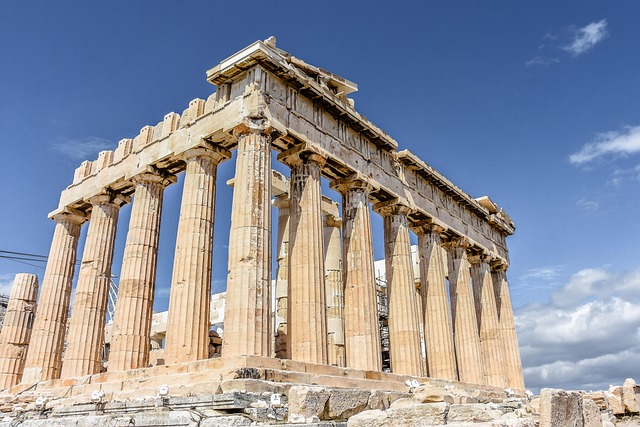Eugene, Oregon, boasts a remarkable cultural evolution since its establishment in 1847 along the Oregon Trail. Early settlers from diverse backgrounds shaped the city's identity through their contributions to education, religion, and community. The region's natural attractions, fertile lands, and strategic location near the Willamette River fueled growth. Eugene transformed into a multicultural hub known for artistic expression, culinary diversity, and global festivals. Despite initial settlement challenges, including marshland navigation, diverse talents contributed to innovation and economic prosperity, solidifying Eugene as a dynamic cultural destination with a progressive mindset.
“Explore the captivating origins of Eugene, a vibrant city in Oregon, as we delve into its historical context, founding, and early settler influences. From its establishment in the mid-19th century to the diverse community it is today, Eugene’s cultural evolution is a testament to the resilience and innovation of its pioneers.
This article examines the impact of early settlers, the cultural exchange that shaped the city, and the challenges they overcame. Discover how Eugene’s legacy and development have left an indelible mark on the region’s cultural tapestry.”
- Historical Context: The Birth of Eugene
- Early Settlers and Their Impact
- Cultural Exchange and Diversity
- Community Development and Growth
- Challenges Faced by the Early Residents
- Legacy and Evolution of Eugene's Culture
Historical Context: The Birth of Eugene
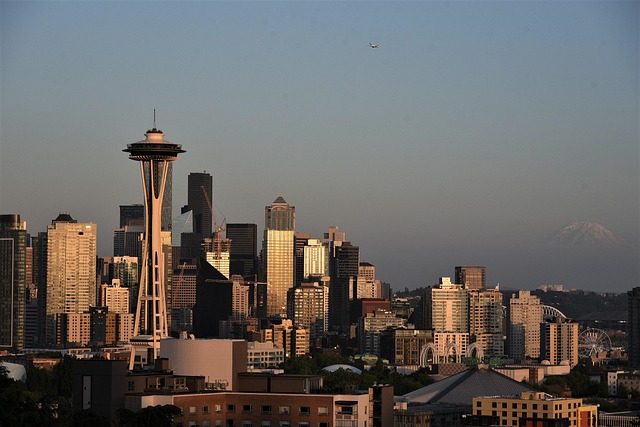
In the heart of Oregon, amidst the lush valleys and towering peaks, lies the city of Eugene, a vibrant testament to the state’s rich cultural evolution. Founded in 1847, Eugene emerged as a pivotal stop along the Oregon Trail, attracting early settlers seeking new opportunities and a better life. The area’s abundant natural resources, fertile lands, and strategic location along the Willamette River fostered a diverse community that laid the groundwork for the city’s future prosperity.
The founding of Eugene was not merely about establishing a settlement; it symbolized the determination and resilience of those who dared to venture into uncharted territories. Over time, the city grew from a modest outpost to a bustling hub, driven by the collective efforts of diverse settlers who brought with them a tapestry of cultures, ideas, and traditions. This dynamic cultural mix laid the foundation for Eugene’s unique identity, shaping its character as a forward-thinking, innovative, and welcoming community that continues to thrive in the modern era.
Early Settlers and Their Impact
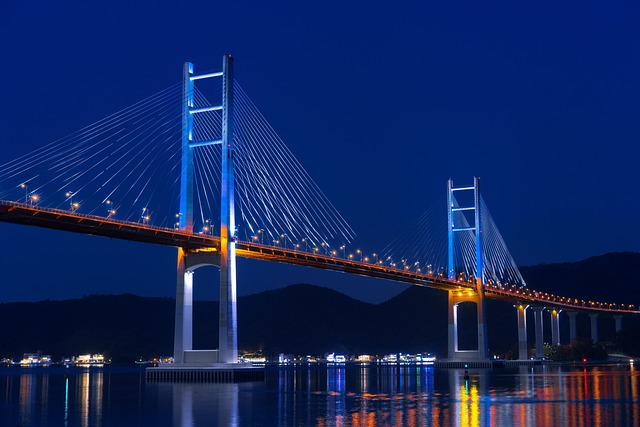
The early settlers played a pivotal role in the cultural evolution of Eugene, Oregon. As they arrived and established their homes, they brought with them diverse backgrounds, skills, and aspirations, contributing to the city’s rich heritage. These pioneers were drawn to the region’s natural beauty, fertile lands, and promising opportunities, fostering an environment that would later become a hub for innovation and creativity.
Their impact extended beyond individual achievements; the settlers’ collective efforts laid the foundation for Eugene’s unique character. They established schools, churches, and community centers, shaping the city’s social fabric. The cultural exchange among these diverse groups enriched Eugene’s arts scene, culinary offerings, and festivals, which continue to attract visitors from around the world, solidifying the city’s reputation as a vibrant and welcoming place with a dynamic history.
Cultural Exchange and Diversity

The founding of Eugene was marked by a rich cultural exchange and diversity that laid the foundation for its dynamic character. As early settlers from various backgrounds arrived, they brought with them a multitude of traditions, beliefs, and languages, fostering an environment of cultural richness. This blend of cultures contributed to the city’s unique identity, driving what many refer to as Eugene’s cultural evolution. The interactions between Native American tribes, European immigrants, and later Asian and Latinx communities resulted in a vibrant exchange of ideas, art, food, and customs that continues to shape local festivals, culinary scenes, and artistic expressions today.
This diversity wasn’t just about the population; it permeated every aspect of life in Eugene. From the establishment of various cultural associations and community centers to the inclusion of diverse perspectives in city planning and governance, the early settlers were committed to building a society that celebrated and embraced difference. This commitment has not only enriched Eugene’s social fabric but also positioned it as a model for multicultural integration and harmony in the broader region.
Community Development and Growth
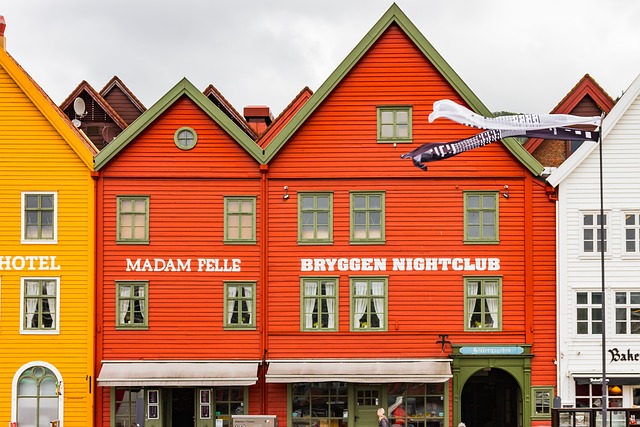
Eugene, established in 1859, underwent a remarkable transformation from a modest settlement to a thriving metropolis, driven largely by its early settlers’ vision and hard work. The community’s development was characterized by a unique blend of agricultural roots and urban aspirations, fostering an environment conducive to both innovation and cultural evolution.
The city’s growth spurt can be attributed to the diverse backgrounds and skills of its pioneers. They brought with them a wealth of knowledge in agriculture, trade, and the arts, which they collectively contributed to building a robust local economy. This vibrant tapestry of talents and ideas propelled Eugene through various stages of development, shaping it into a cultural hub known for its forward-thinking attitude and community-oriented spirit.
Challenges Faced by the Early Residents

The early residents of Eugene, Oregon, faced a unique set of challenges as they established their community in the late 19th century. One of the primary hurdles was the region’s remote location, cut off from major transportation routes at the time. This isolation meant that supplies and resources were scarce, requiring settlers to be self-sufficient and innovative in their farming practices and household management. The terrain itself presented another difficulty; the city’s founding site was situated on marshy land, making it a challenging environment for initial settlement and development.
Furthermore, Eugene’s early inhabitants witnessed a rapid cultural evolution as they welcomed diverse groups of people from various backgrounds, including European immigrants and Native American tribes. This melting pot of cultures brought unique perspectives, traditions, and skills, shaping the city’s identity and contributing to its vibrant tapestry. However, it also led to tensions and conflicts over land rights and resources, highlighting the complex interplay between cultural exchange and settlement dynamics during this formative period.
Legacy and Evolution of Eugene's Culture
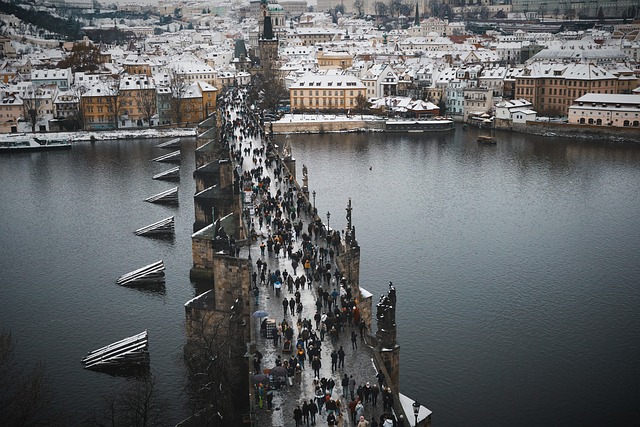
Eugene, with its rich history as a founding settlement, has witnessed a remarkable cultural evolution over the years. The early settlers brought with them diverse traditions and ways of life, which laid the foundation for a vibrant community. As time passed, these influences merged, adapted, and grew, creating a unique cultural tapestry. Today, Eugene’s culture is known for its progressive mindset, embracing arts, music, and various subcultures.
This cultural evolution is evident in the city’s numerous festivals, art galleries, and thriving local music scene. The early settlers’ legacy continues to shape the community’s spirit of innovation and diversity, making Eugene a captivating place with a rich heritage that remains ever-evolving. The city’s ability to blend tradition with modern influences has fostered a sense of belonging and attracted folks from all walks of life, contributing to its dynamic Eugene cultural evolution.
